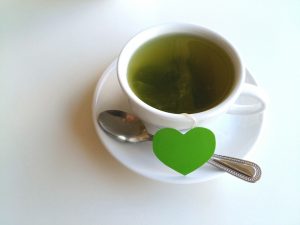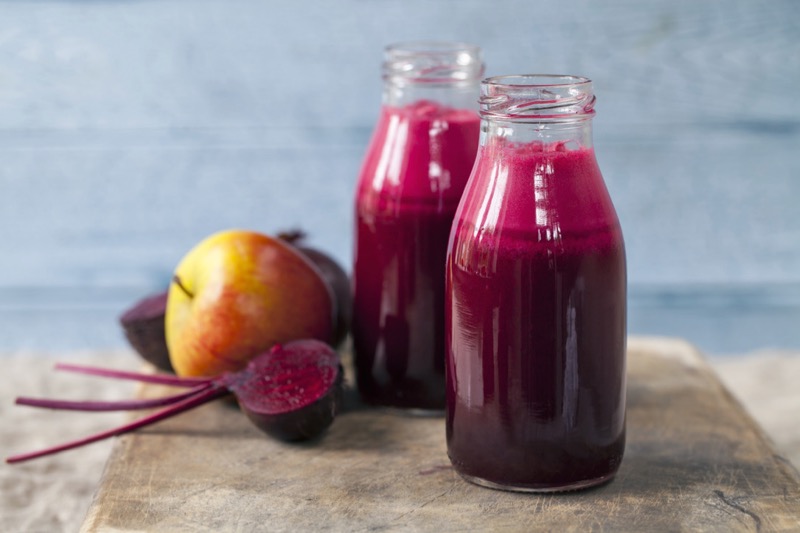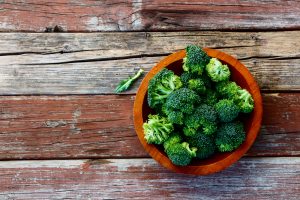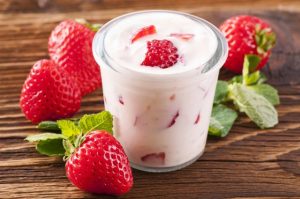You Post Christmas Detox Plan
Over indulged during the festive season? Time to get your body back to full health with these easy tips.
What is a Detox?
They may be popular but what exactly is a detox plan? Essentially these are short-term dietary and lifestyle interventions designed to improve the detoxification of toxins from the body. There are numerous different types of detox programmes and many are extreme and could even be harmful. Often they will include eliminating certain foods that may be aggravating the digestive tract or putting additional pressure on the liver together with increasing foods and nutrients known to improve detoxification pathways of the liver. In many cases additional treatments such as exercise, colonics, saunas will be recommended to promote toxin elimination through urine, sweat and faeces. A good detox programme should also include all the nutrients the body requires for optimal function.
What is our Toxic Exposure?
Whether we like it or not we are all exposed to toxins on a daily basis. We encounter toxins from petrol fumes, bisphenol A (BPA) from cans and plastics, parabens, phthalates and sodium lauryl sulphate from cosmetics and toiletries, PCBs from certain fish such as salmon and tuna not to mention the vast array of growth hormones and antibiotics and pesticides from food. Toxins are produced inside your body too, some are waste products from normal metabolic activities, such as carbon dioxide and urea, while others, such as microbial toxins, are produced as a result of health problems such as gut dysbiosis.
There are many ways toxins can cause us harm.Toxins cause disease when the toxic load is greater than the body can effectively deal with. They can damage enzymes – the catalysts that fire reactions in the body, and that are absolutely vital to health. They can disrupt hormone levels, affect mineral levels – lead for example can displace essential structural minerals such as calcium in bone. They can damage our DNA and cell membranes and promote inflammation.
Yes of course our bodies are detoxing constantly. However problems arise however when our body systems become overwhelmed and unable to function optimally. We are, each and every one of us, gradually accumulating hundreds of chemicals, as we go through life. The extent to which these toxins affect our health depends not only on our level of exposure, but on how our detoxification systems are functioning. Many organs are involved in detoxification, the main ones being the liver, our digestive tract, the skin, the lungs and the kidneys. It is our liver, which plays the most important role. Through a series of chemical processes and pathways it works to remove toxins safely from our body. If our body systems are overwhelmed or not functioning optimally a build up of toxins can leave us feeling run down. What’s more as our detoxification system is dependent on key nutrients, vitamins, minerals and antioxidants. If we fall short it can put our bodies under greater pressure.
Do You Need to Detox?
There are many signs that your body may benefit from a more focused detox programme. If you suffer with any of the following symptoms then you may benefit from a functional detox.
- Headaches
- Night sweats
- Adrenal fatigue and sluggishness
- Difficulty losing weight
- Skin eruptions
- Low mood and irritability
- Slow thinking and poor memory
- Sensitivities to chemicals, perfumes or pollution (e.g. sneezing, wheezing, nasal drip and/or skin rashes)
- Adverse reactions to food additives, such as sulphites (found in wine, salad bar food, dried fruit and many processed foods – always read the label)
- Needing an excessively long time to recover after a general anaesthetic
- Bloating, excess wind and constipation
- Chronic itching
- Bad hangovers from alcohol consumption
- Brain fog
Some experts believe that our weight-control systems can be disrupted by excessive exposure to toxins and that this may explain why some people find it hard to lose weight even when they are eating a better diet and taking more exercise. Many people also find they are reacting adversely to more foods or alcohol. Food reactions can be an indication of an imbalance in our gut’s microflora and / or intestinal permeability. In many cases an increased toxic burden or long term medications can be to blame. By supporting effective detoxification and restoring a healthy balance of bacteria these food reactions may improve.
For other people mental health, depression and anxiety can be linked to an increased toxic load. Food cravings are common driven by consuming an excess of processed and concentrated foods, which stimulate dopamine—a pleasure neurotransmitter that plays a role in addiction and cravings. Various chronic diseases including autoimmune conditions may also be linked to increased toxic load. There are also certain toxins that can be harder to eliminate than others
You can relieve the toxic load you are exposed to each day by supporting your body as it naturally cleanses and reducing the toxic input. Fasting is not necessarily helpful since your detoxification pathways actually require key nutrients and protein to function optimally. Certain foods are also known to drive phase I and II liver detoxification pathways as well as support the body from oxidative damage caused by toxins and should always form a key component of any detoxification programme. Examples include cruciferous vegetables and super green powders (e.g broccoli, kale, cabbage), fermented foods and probiotics (kimchi, sauerkraut, kefir, yogurt etc), polyphenols (berries, green tea, raw cacao), curcumin found in turmeric, citrus fruits, pomegranates, sulphur rich foods (e.g shellfish, fish, chicken, spinach, onion, garlic etc) and cysteine rich foods (e.g egg yolk, protein powders, red pepper, garlic, onion, broccoli, Brussels sprouts, sprouted lentils).
If you want to start a functional nutrition based detoxification programme then try our 21 day detox programme
Here are some top tips to follow post Christmas
Reduce your intake of toxins– May sound obvious but a detox programme starts with minimizing consumption of toxins, processed and junk foods. This includes alcohol, artificial sugars, recreational drugs, processed foods, and foods high in carbs and fat.
Putting the good nutrients into your body – Many detox programmes will recommended supplementing with quality protein, vitamins, minerals and antioxidants alongside dietary changes in order to optimise liver function. Our programme includes a specific detox protein powder with all of the key nutrients to support liver pathways.
Kidney Support
There are a number of organs important for detoxification. Kidney function often is overlooked yet are an essential organ for eliminating certain toxins. Our kidneys are responsible for filtering waste products, releasing hormones that regulate blood pressure, balancing fluids in the body, producing urine among other tasks. Keeping the body hydrated with water is particularly important. Citrus fruit, and their juice, can help reduce or block the formation of kidney stones and support liver detox pathways making them ideal for kidney support. Cranberry Juice is a well known tonic for helping protect against urinary tract infections but choose unsweetened juice to avoid high sugar intake.

Liver Love
It won’t be a surprise that your liver plays a key role over the festive period particularly if drink is involved. Keeping your liver in good shape is important for maintaining health. Perhaps one of the best known herbs to help with liver detox is milk thistle. But there are plenty of great foods that support the liver detox pathways too. Regular consumption of green tea has been shown to support liver health.

While grapefruit is often avoided when you are on certain medications it is actually useful for liver health. Grapefruit contains antioxidants including naringenin and naringin that naturally protect the liver. Berries rich in antioxidants like blueberries and cranberries are also packed with liver protective antioxidants. Prickly pear, Opuntia ficus-indica, is a popular aid for reducing the symptoms of hangovers. Both the fruit and juice can be consumed. If you can’t get hold of prickly pear try a shot of beetroot juice instead. Beetroot juice reduces oxidative damage and inflammation in the liver, as well as increases natural detoxification enzymes making it a great choice for additional liver support.

Cruciferous vegetables like Brussels sprouts, broccoli and cauliflower are one of the best groups of foods to add to any detox plan. These have been shown increase levels of detoxification enzymes and protect the liver from damage. Other great foods include oily fish, nuts and seeds, whey protein and olive oil.

Digestive Health
Constipation can lead to a potential build up of toxins. Make sure you include plenty of vegetables and foods high in soluble fibre such as wholegrain rice, oats and quinoa. You can also add fibre seeds like chia, flaxseed and pysllium husks to your diet. Always ensure you are drinking plenty of water through the day too. Don’t forget the importance of keeping the microbiome balanced too. Try including fermented foods daily. See our recipes if you want to make your own

Don’t Forget Exercise & Sleep
Exercise & quality sleep is an important component of any detox programme. Physical activity improves digestive function and boosts the metabolic rate, helping to stimulate elimination channels through breath, sweat and circulation. Choose a combination of aerobic and resistance training for best effects.

